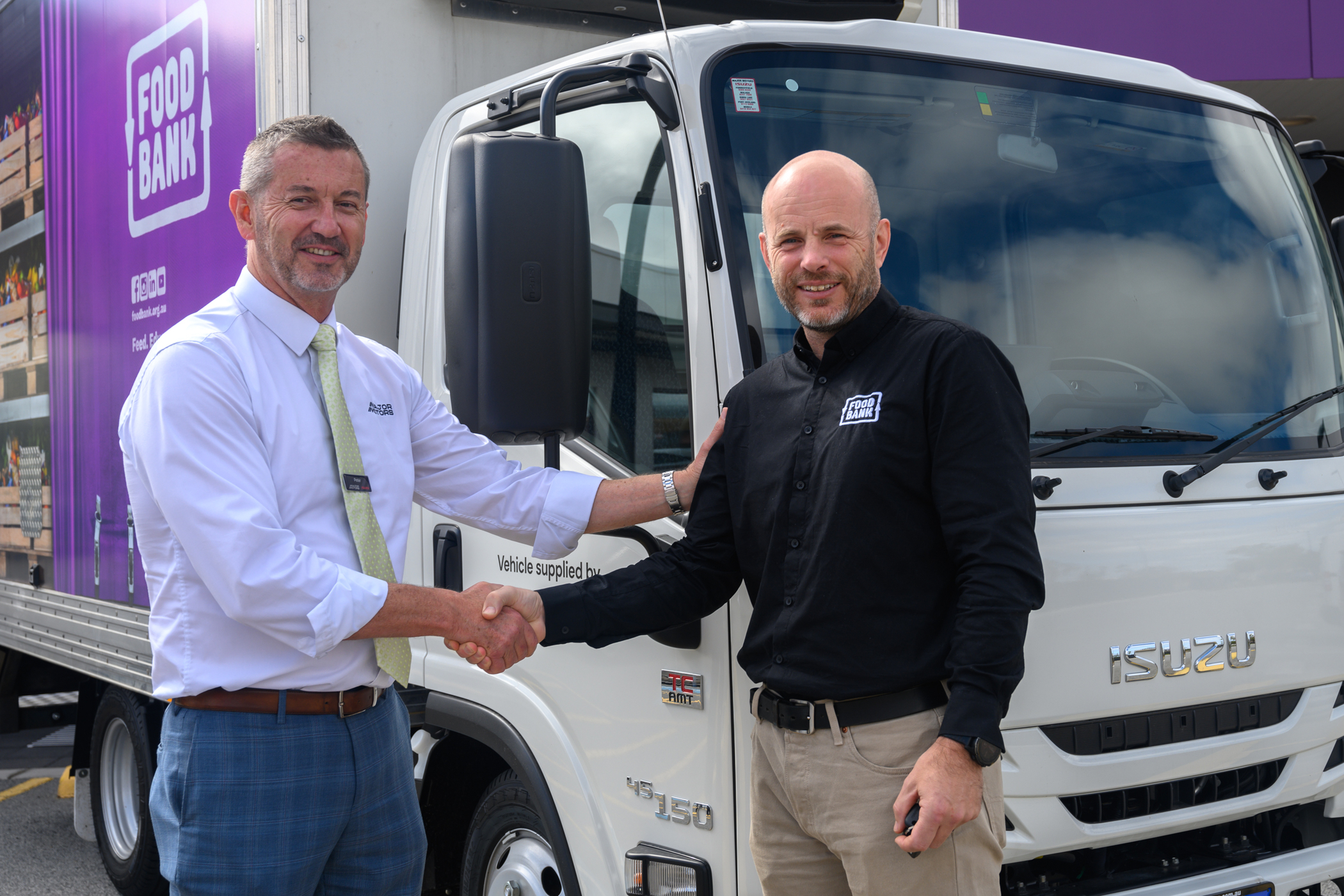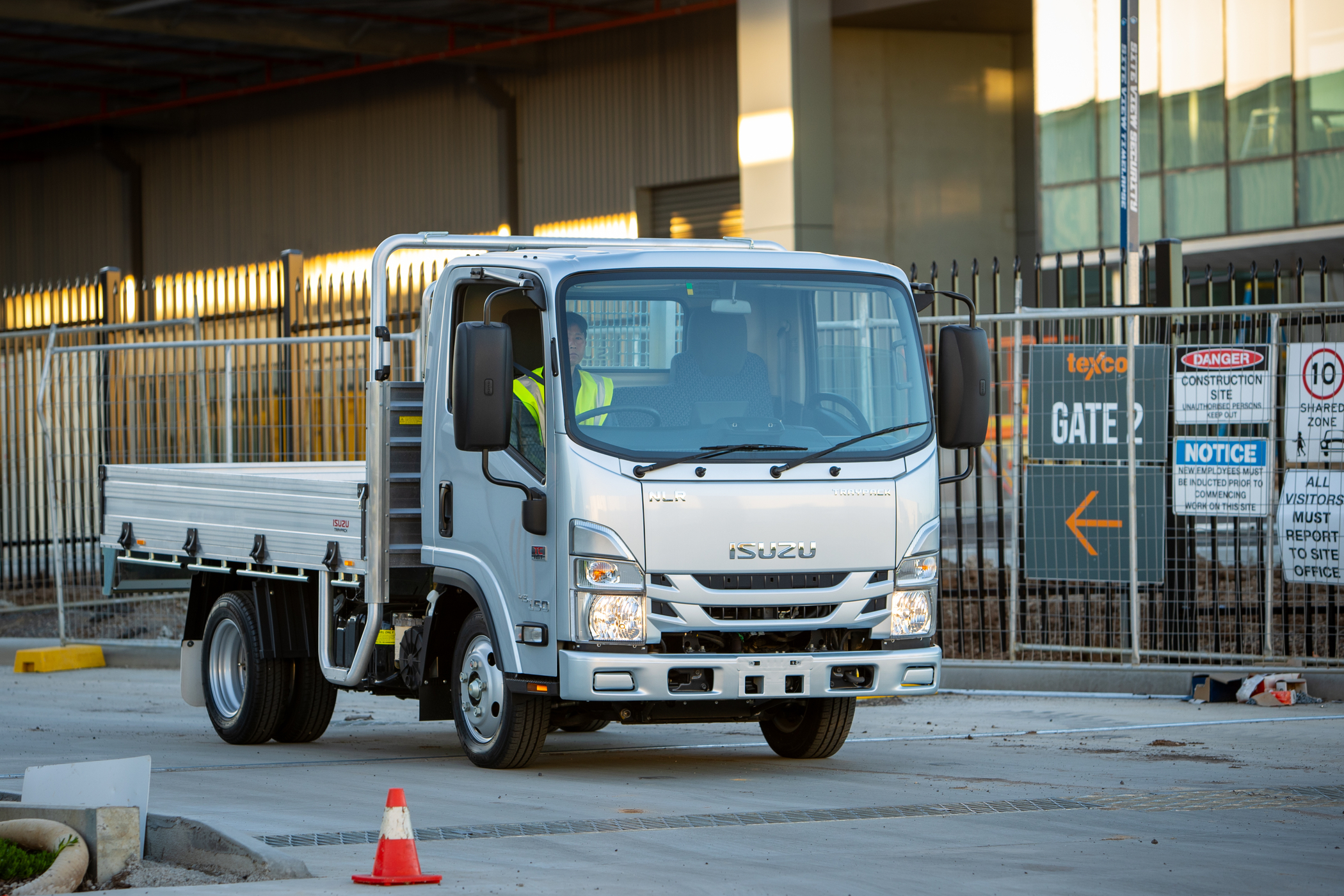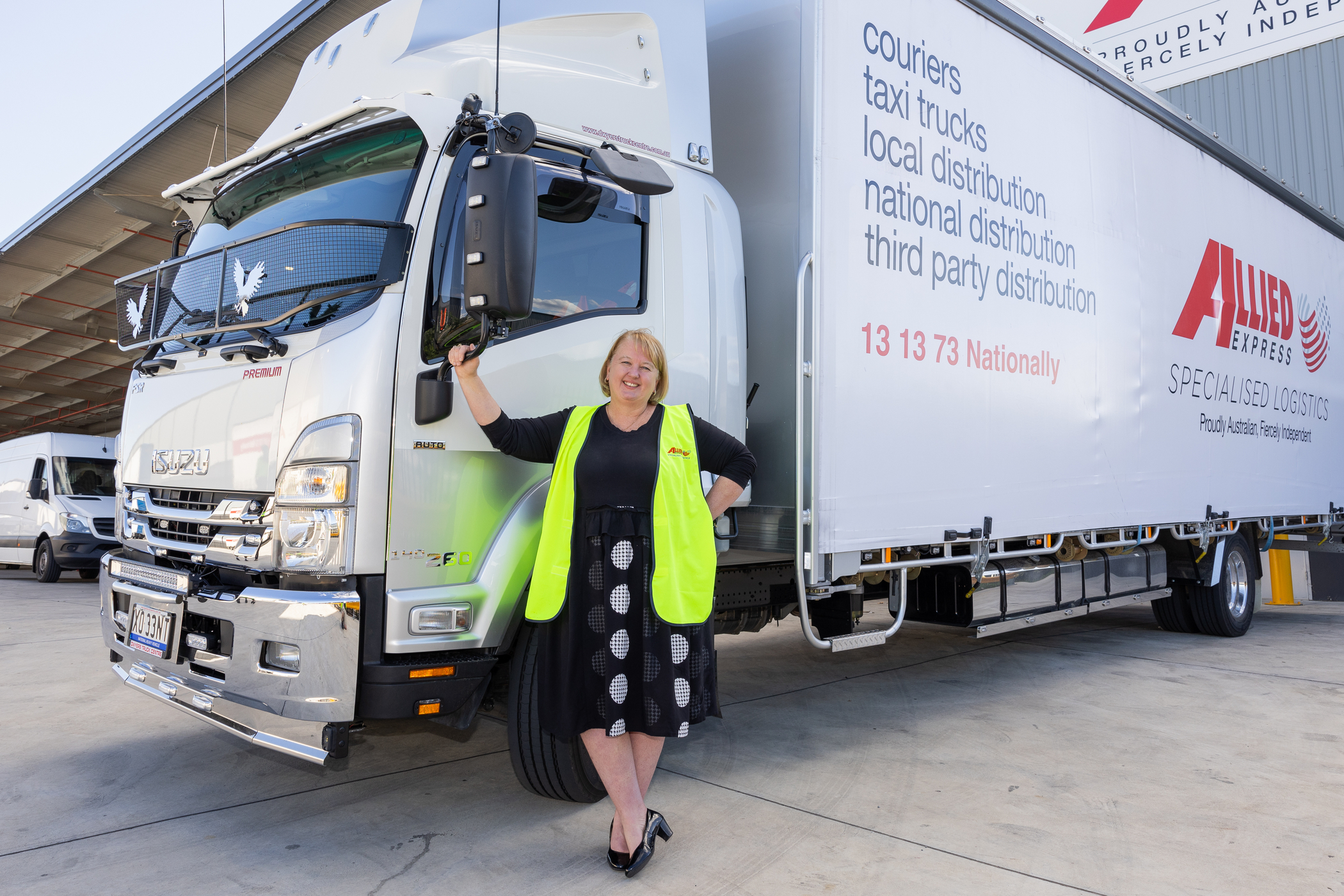PANDEMIC ECONOMICS: UNDERSTAND, ASSESS, PLAN

 Understanding the global context
At an extremely high level, the OECD expects a sharp slowdown in world growth in early 2020. They have revised their projection for the year, down from an already low 3 per cent, to only 2.4 per cent - lower than in any year since the 2008 global financial crisis.
The reality is the whole world is facing challenges economically due to the unique nature of a human contact-based pandemic. There are disruptions to supply and demand, lower overall output, and as a result, the need for fiscal stimulus has emerged across the globe to minimise the negative economic impacts.
In your backyard
Knowing how to react within your business means recognising what is taking place in your sector or ‘your backyard’, as the saying goes.
Quite rightly, the federal government recognises that road freight is a critical link in the supply chain. And, as this blog goes to print, truckies are continuing to successfully move supplies from ports, from farms and factories—that means food, medicine, fuels and supplies—that are heavily relied on every day.
Interestingly, there are sectors within the road freight industry that are down and some that are booming as a result of this unique scenario.
Sectors such as government, essential services provision and supermarket logistics are least affected and in some cases are benefitting from these circumstances. The farming sector also finds itself in positive territory, with the drought broken in some key areas throughout the eastern states – and many farmers recently putting crops in the ground ahead of forecast rain.
What you can do right now
There are clearly a huge number of variables out of your control as a cog in a far greater machine, but there are some key moves you can make within your business to help cushion the economic impacts of this pandemic.
Understanding the global context
At an extremely high level, the OECD expects a sharp slowdown in world growth in early 2020. They have revised their projection for the year, down from an already low 3 per cent, to only 2.4 per cent - lower than in any year since the 2008 global financial crisis.
The reality is the whole world is facing challenges economically due to the unique nature of a human contact-based pandemic. There are disruptions to supply and demand, lower overall output, and as a result, the need for fiscal stimulus has emerged across the globe to minimise the negative economic impacts.
In your backyard
Knowing how to react within your business means recognising what is taking place in your sector or ‘your backyard’, as the saying goes.
Quite rightly, the federal government recognises that road freight is a critical link in the supply chain. And, as this blog goes to print, truckies are continuing to successfully move supplies from ports, from farms and factories—that means food, medicine, fuels and supplies—that are heavily relied on every day.
Interestingly, there are sectors within the road freight industry that are down and some that are booming as a result of this unique scenario.
Sectors such as government, essential services provision and supermarket logistics are least affected and in some cases are benefitting from these circumstances. The farming sector also finds itself in positive territory, with the drought broken in some key areas throughout the eastern states – and many farmers recently putting crops in the ground ahead of forecast rain.
What you can do right now
There are clearly a huge number of variables out of your control as a cog in a far greater machine, but there are some key moves you can make within your business to help cushion the economic impacts of this pandemic.
- Staff: Stay close to your staff. Keep communicating the good and the bad. Their level of support to you and your business right now is the highest its likely ever going to be, so keep them ‘in the tent’, motivated and ready to return to work when the time comes.
- Customers: Keep in constant contact. Ask yourself, ‘How can I help them stay afloat?’ and ‘What additional services can I provide to build loyalty and retain business?’
- Metrics: Track and watch key indicators within your operations. Understand what’s happing across each of the areas of your business every day. Data is king and will help you make informed decisions and assist in planning for the upswing.
- Marketing: As with any crisis management process, you must keep talking to your market. Do not go quiet. Let them know you’re open for business, providing solutions and ready to assist. Digital and online marketing and advertising are particularly potent even as distancing measures start to ease.
- Plan: Use this time to put some key actions in place to help position your business for a return to the new normal. When that time comes, you cannot afford to miss out. This may mean taking advantage of stimulus measures, creating staffing and procedural efficiencies or getting on top of cashflow.



Playtime’s over, get $3,500* to spend on extras.
If you’re ready to get serious about tackling bigger jobs, grab yourself an NLR 45-150 AMT SWB Traypack from the Ready-to-Work range for $62,990 drive away*. And to prove we aren’t playing, buy any NLR Traypack before June 30 and you’ll get $3,500* to spend on genuine accessories or an Essentials service agreement.
Learn more



